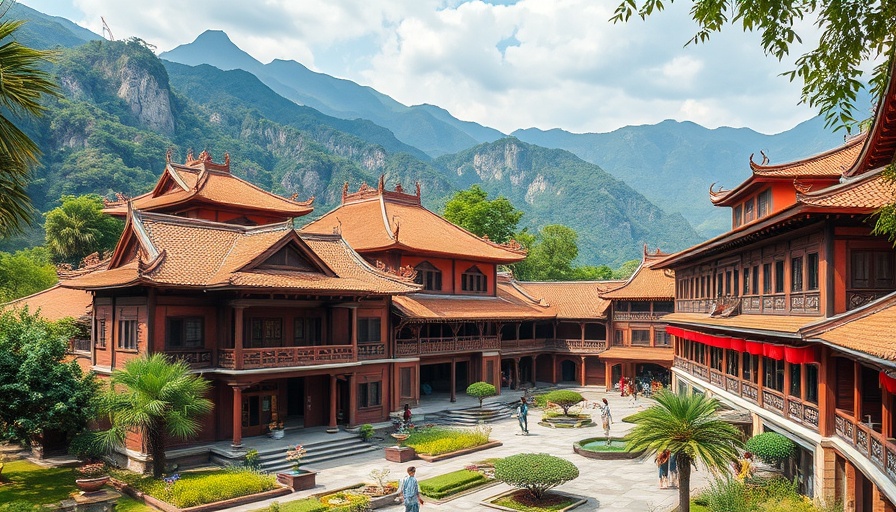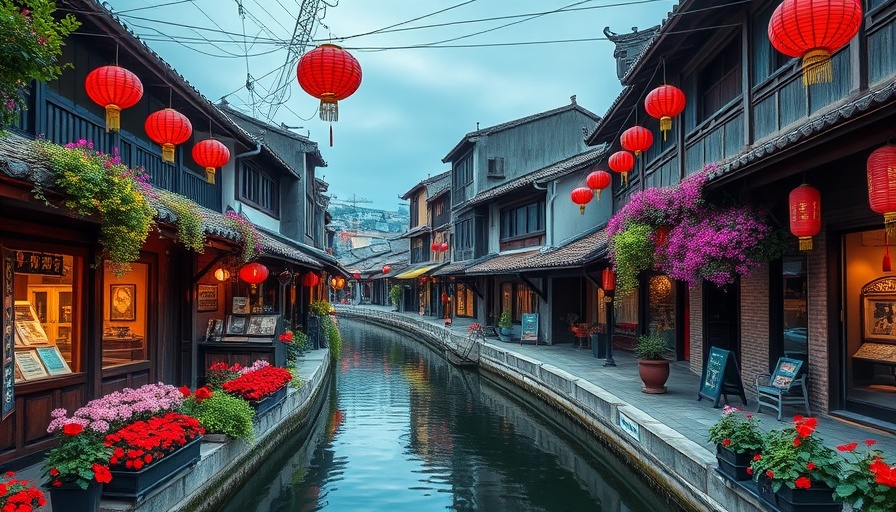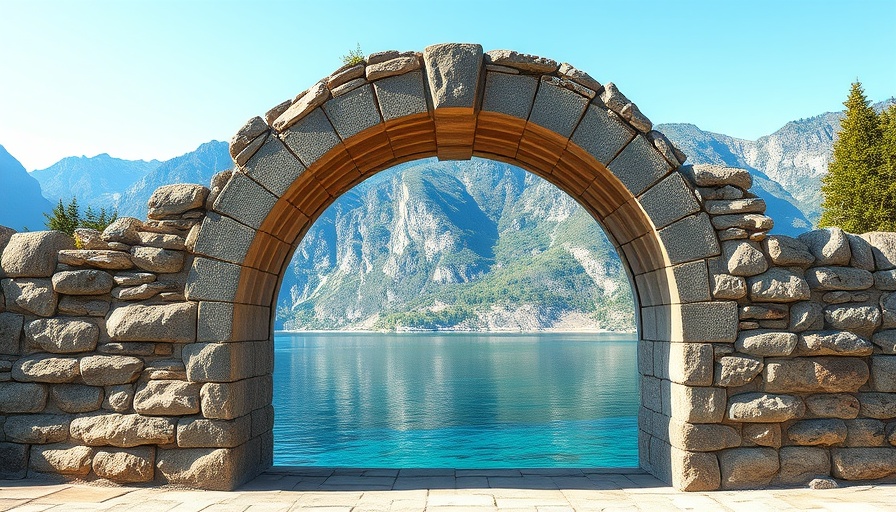
UNESCO Inscribes a Treasure: The Yen Tu – Vinh Nghiem – Con Son – Kiep Bac Complex
In a monumental celebration for Vietnam, the Yen Tu – Vinh Nghiem – Con Son – Kiep Bac Complex has been officially recognized as a UNESCO World Cultural Heritage site. This accolade emphasizes the significance of this site located across Quang Ninh and Bac Ninh provinces, as well as Hai Phong city. This momentous event marks Vietnam’s ninth UNESCO site, showcasing the rich tapestry of cultural and spiritual heritage that defines the nation.
The Heart of a Nation: Understanding the Cultural Significance
Designated under UNESCO’s criteria (iii) and (vi), the complex is a living testament to how state, religion, and community unite to shape Vietnam’s national identity. It encapsulates a unique synergy between nature and culture, embodying principles of peace, tolerance, and compassion. These virtues resonate deeply through the sacred landscape that has evolved over centuries, nurturing the spiritual and cultural life of its people.
Truc Lam Buddhism: A Unique Spiritual Path
At the heart of this complex lies Truc Lam Buddhism, an exceptional Zen tradition that emerged in the 13th century. Founded by the remarkable King-Monk Tran Nhan Tong, who famously renounced the throne for a monastic life, this Buddhist school is intertwined with humanistic principles and the authentic essence of Vietnamese spirituality. The unique blend of Mahayana Buddhism, Confucianism, and Taoism provides a foundation not only for spiritual awakening but also for cultural dialogue that fosters friendships across borders.
A Reflection of Resilience: More than just Religious Significance
The Yen Tu complex illustrates Vietnam's journey toward resilience, representing a spiritual and cultural rebirth that mirrors the nation's own historical struggles. The principles forged in Truc Lam Buddhism have inspired generations, firmly rooting ethical values within society. This is particularly pertinent as we face a global climate crisis requiring sustainable practices and insightful stewardship of our cultural and natural heritage.
The Global Relevance: What We Can Learn
Understanding the significance of the Yen Tu complex provides us with critical lessons about sustainability in travel and thought. As eco-conscious travelers, embracing cultural heritage sites like this one allows us to experience and learn from the values of tranquility, peace, and environmental harmony. Each visit supports local tourism while fostering a deeper appreciation for the interconnectedness of cultural and natural environments.
Looking Ahead: The Role of Responsible Tourism
With the UNESCO recognition, the complex has entered a new era of responsibility and opportunity for sustainable tourism. Visitors have a remarkable chance to contribute positively to the local community while discovering the rich history that shapes Vietnam. Ethical travel practices promote not just leisure, but the preservation of unique cultures like that of Truc Lam Buddhism, which can revive interest in spiritual tourism aimed at introspection and environmental cohesion.
Engaging with the Local Community: A Journey Worth Taking
When you travel to sites that have deep cultural significance, each interaction offers insights that can enrich your own journey. Participating in local traditions and discussions inspired by the complex fosters mutual respect and understanding. It’s about creating a mosaic of personal experiences while also engaging with the communities that keep these traditions alive. This reciprocal relationship bolsters the notion of voluntourism, where everyone involved benefits from the shared experience.
Your Call to Action: Embrace Sustainable Tourism
As travelers passionate about sustainability, consider adding the Yen Tu – Vinh Nghiem – Con Son – Kiep Bac Complex to your travel itinerary. Explore the depths of Vietnamese culture, support local economies, and engage with historical traditions that have shaped the national identity. Together, we can forge a path towards a future where travel cherishes our planet and its diverse heritages.
Conclusion: Finding Value in Travel
The UNESCO recognition of the Yen Tu – Vinh Nghiem – Con Son – Kiep Bac Complex is not just a badge of honor for Vietnam but an open invitation for travelers. By immersing ourselves in these unique cultural landscapes, we discover deeper meanings and shared values, contributing to a sustainable future rooted in respect and harmony.
 Add Row
Add Row  Add
Add 




Write A Comment